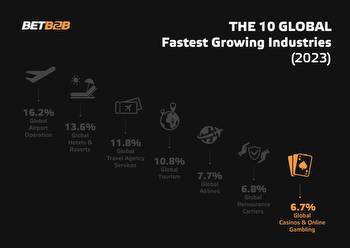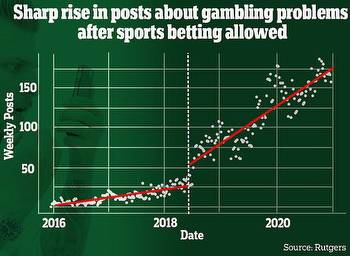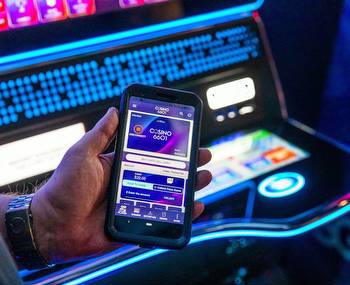Brazil imposes biometric age and identity verification for online gambling
Brazil has taken the next legal step toward allowing online gambling and sports betting and, with President Luiz Inacio Lula da Silva ratifying a regulatory framework that covers taxation, national ownership, and age verification via facial recognition for users and operators of online sports betting and so-called iGaming apps.
An article on iGB says that bill 3,626/2023, passed on December 30, requires online sports betting companies and digital gambling operators to verify the age and identity of bettors using face biometrics. Other requirements include handing over 12 percent of gross gaming revenue for taxes, offering customer self-exclusion windows, and having a Brazilian board member hold at least 20 percent of share capital.
Once the ministry of finance publishes the regulatory guidelines for operators, more than 130 firms are expected to apply for the five-year license. A legal expert quoted by iGB says the next steps required to finalize the legislation will likely take until the latter half of 2024 to complete.
“The will also need to satisfy all other legal and regulatory requirements, such as paying the expensive 30 million Brazilian real (~US$6.1 million) license fee and hiring the necessary members of staff for the key positions laid down by the new legislation,” says Neil Montgomery, founder and managing partner of Brazilian law firm Montgomery & Associados.
Brazilian digital identity and biometrics firms have been keeping a close eye on the legal process, in anticipation of significant investment and growth in the sector and its attendant biometric verification needs. The country already has a gray market that was valued at 7 billion reais, or US$1.5 billion, in 2022. IDnow gained access to a government database to check Brazilian applicants for gambling accounts last year.
The rapid growth of the online gambling and sports betting industry worldwide has been a challenge for regulators aiming to prevent misuse by youth, money laundering and other types of digital fraud.



































